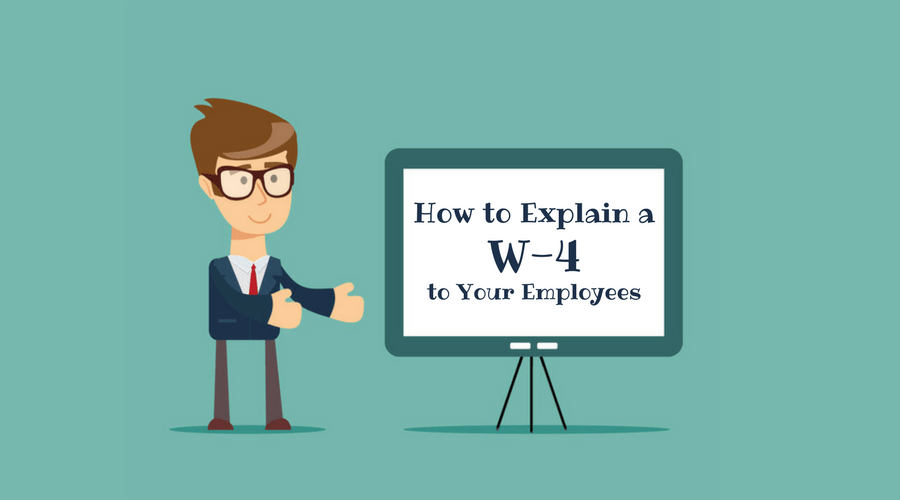A Small Business’s Guide to Employment Taxes

This article was last edited on 11/20/2019. For updated information on employment taxes, visit Understanding Employment Taxes.
When you start hiring employees for your small business, it’s important to understand your employment tax obligations. Payroll taxes include federal income tax, Social Security and Medicare taxes, federal unemployment (FUTA) tax, and self-employment tax. You are also responsible for your state’s employment taxes, including workers’ compensation insurance and unemployment insurance taxes.
Federal income tax
You will need to withhold federal income tax from each employees’ paycheck. When you first hire some, have them fill out Form W-4 to determine how much income tax to withhold.
Social Security and Medicare taxes
You’re also required to withhold Social Security and Medicare taxes from your team’s paychecks. Furthermore, you’re also required to pay the employer’s portion of these taxes.
The current Social Security tax rate is 6.2 percent. So, you’ll withhold that much from each paycheck and match the amount for the employer’s portion. There is a limit, however, known as the wage base. For tax year 2019, you’ll only withhold and pay Social Security taxes on the first $132,900 your worker makes. For tax year 2020, the wage base will rise to $137,700.
Read also: A Beginner’s Guide to Social Security Taxes
The current Medicare tax rate is 1.45 percent. Like the Social Security tax, you’ll match that amount for the employer’s portion. There is no wage base for Medicare tax, but you will need to withhold an extra 0.9 percent once your team member makes a certain amount. This amount will depend on their income tax filing type.
FUTA
Your staff is not responsible for paying FUTA. Only you, as the employer, will need to pay it. The current FUTA tax rate is 6 percent, but it only applies to the first $7,000 each worker makes during the calendar year.
Determine your tax liability each quarter by multiply wages paid by 6 percent. If your liability is $500 or less, you can carry the amount forward to the next quarter. You’ll keep doing that until your FUTA tax liability is more than $500. Then, you’ll remit the funds through the Electronic Federal Tax Payment System® (EFTPS).
You’ll use Form 940: Employer’s Annual Federal Unemployment (FUTA) Tax Return to report your taxes. This form is due by January 31 each year.
Read also: Does My Small Business Need to Pay Unemployment Insurance Tax?
Self-employment tax
Self-employment tax is like the Social Security and Medicare taxes withheld from your workers’ paychecks, but for people who work primarily for themselves. The current tax rate is 15.3 percent. You’ll calculate your self-employment tax by using Schedule SE (Form 1040): Self-Employment Tax.
You may have to pay estimated tax quarterly if you expect to owe $1,000 or more in taxes when you file your return. You can calculate your estimated taxes using Form 1040-ES: Estimated Tax for Individuals.
Read also: Tax Basics: Self-Employment Tax
State taxes
In addition to federal employment taxes, you are also responsible for your state’s employment taxes. These can include state income tax, workers’ compensation insurance, and unemployment insurance taxes. Depending on your state, you may also be responsible for temporary disability insurance.
Read also: What is Workers’ Compensation?


